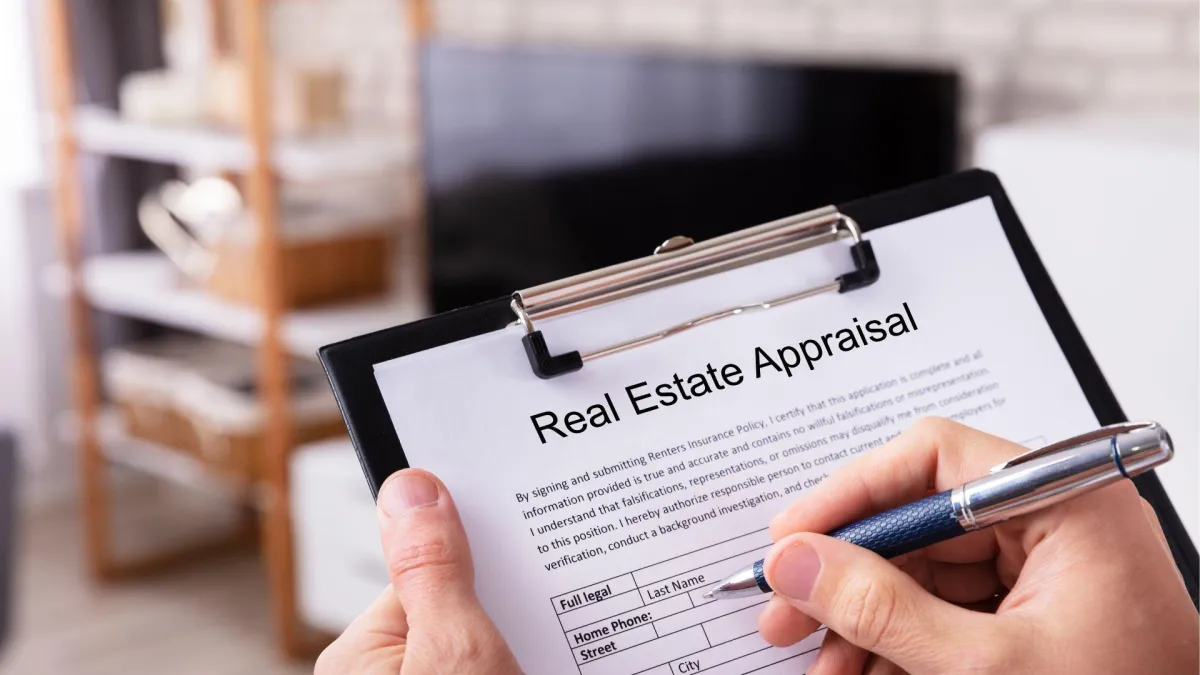
Mortgage Basics
Appraisals
An appraisal is a critical component of the home mortgage process, serving as an unbiased professional assessment of a property's market value. Conducted by a certified or licensed appraiser, this evaluation ensures that the lender does not provide a loan amount greater than the property's worth. Here's how appraisals fit into the mortgage process:

Purpose of an Appraisal
Protecting the Lender
Lenders require appraisals to ensure that the property serves as sufficient collateral for the loan. If the borrower defaults on the mortgage, the lender needs to be confident that the property can be sold for an amount that covers the unpaid loan balance.
Assuring the Buyer
While primarily for the lender's protection, an appraisal also benefits the buyer by confirming that the agreed purchase price is fair and in line with the property's current market value.
How Appraisals Work
Ordering the Appraisal
After the buyer's mortgage application is accepted, the lender will order an appraisal to be performed by an independent appraiser.
Inspection
The appraiser visits the property to inspect its condition, size, features, and any improvements or deficiencies. They also consider the location, views, and lot size.
Comparative Market Analysis (CMA)
The appraiser compares the property against similar, recently sold homes in the area (comparables or "comps") to help determine its value.
Report
The appraiser compiles the data into a detailed report that provides an analysis of the property and the market, including the comps used, and concludes with the appraiser's determined value of the property.
Factors Influencing Appraised Value
Physical Characteristics
Age, square footage, number of bedrooms and bathrooms, lot size, and the condition of the property.
Location
Neighborhood, school district, community facilities, and proximity to amenities.
Market Trends
Current real estate market conditions, including supply and demand dynamics in the area.
Home Improvements
Renovations and updates can impact the appraised value, especially if they significantly enhance the property's appeal or functionality.
Potential Outcomes and Impact
At or Above Purchase Price
If the appraised value is at or above the agreed purchase price, the mortgage process proceeds as planned.
Below Purchase Price
If the appraised value comes in below the purchase price, it can halt or delay the mortgage process. Options include renegotiating the sale price with the seller, the buyer making a larger down payment to cover the difference, or the buyer walking away from the deal (if the contract allows).
Appraisal Contingency
Many purchase agreements include an appraisal contingency clause, allowing the buyer to renegotiate or exit the contract if the appraisal is lower than the purchase price without losing their earnest money deposit.
If you have questions about appraisals or any other part of the loan process, let's chat!

For information purposes only. This is not a commitment to lend or extend credit.
Information and/or dates are subject to change without notice. All loans subject to credit approval.
CA Department of Real Estate #01505999
©2024 RHM Loans | NMLS: 2436860 |
